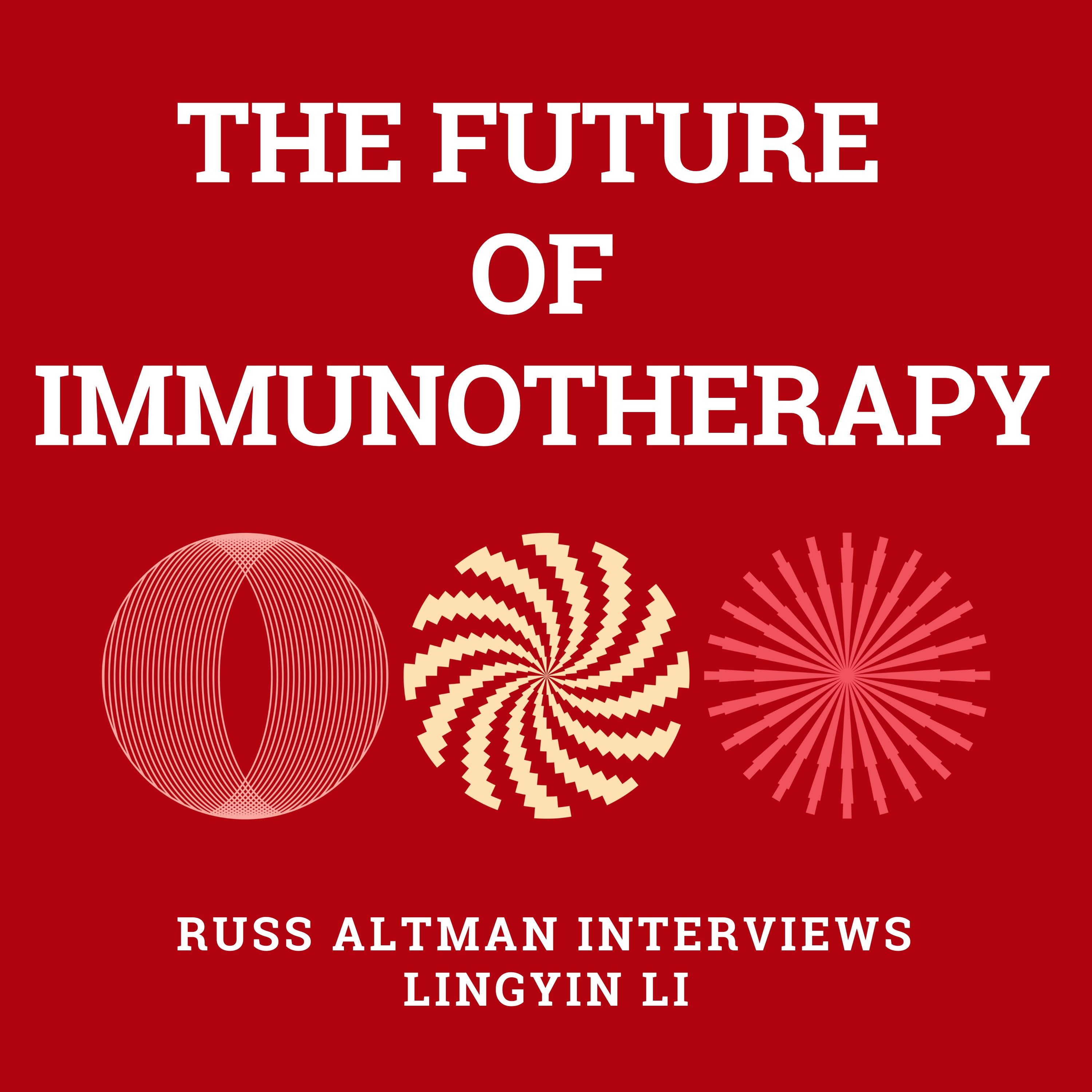Podcast Episode Details
Back to Podcast Episodes
The future of immunotherapy
Biochemist Lingyin Li survived breast cancer at just 30 and now works to harness the human immune system to fight cancers that have long evaded treatment. T cells, she says, are powerful cancer killers, but they can be oblivious. She and her lab colleagues have discovered a masking enzyme that squelches the immune system’s “danger signals” and are now developing drugs to block that enzyme. She likens her work to an arms race between cancer and immunotherapy. “The cancers are not getting smarter, but we are,” Li tells host Russ Altman on this episode of Stanford Engineering’s The Future of Everything podcast.
Have a question for Russ? Send it our way in writing or via voice memo, and it might be featured on an upcoming episode. Please introduce yourself, let us know where you're listening from, and share your question. You can send questions to thefutureofeverything@stanford.edu.
Episode Reference Links:
- Stanford Profile: Lingyin Li
Connect With Us:
- Episode Transcripts >>> The Future of Everything Website
- Connect with Russ >>> Threads / Bluesky / Mastodon
- Connect with School of Engineering >>> Twitter/X / Instagram / LinkedIn / Facebook
Chapters:
(00:00:00) Introduction
Russ Altman introduces guest Lingyin Li, a professor of biochemistry at Stanford University.
(00:03:38) Research Motivation
Lingyin explains how her breast cancer diagnosis inspired her research.
(00:04:31) How T-Cells Work
T-cell mechanisms and why they struggle to reach solid tumors.
(00:05:38) Immune System Overview
Innate and adaptive immunity and how mutations make cancer recognizable.
(00:07:28) Awakening the Immune System
Efforts to stimulate innate immune cells to detect and expose tumors.
(00:10:54) The Cancer Signal
Discovery of cancer-derived DNA signals that alert the immune system.
(00:13:01) Cancer’s Evasion Mechanism
How tumors destroy immune signals to hide from detection.
(00:14:26) ENPP1 Enzyme
Identification of ENPP1 as the enzyme enabling immune evasion.
(00:15:22) Balancing Immunity and Safety
Role of ENPP1 in autoimmunity and the challenge of targeting it safely.
(00:19:30) ENPP1 Inhibitors
Development of molecules to block ENPP1 and enhance immune signaling.
(00:24:55) Preclinical Findings
The promising results against aggressive solid tumors in animal studies
(00:28:05) From Lab to Clinic
The progress toward FDA approval and preparation for human testing.
(00:31:04) Future In a Minute
Rapid-fire Q&A: innovation, collaboration, and the outlook for cancer treatment.
(00:33:14) Conclusion
Connect With Us:
Episode Transcripts >>> The Futur
Published on 9 hours ago